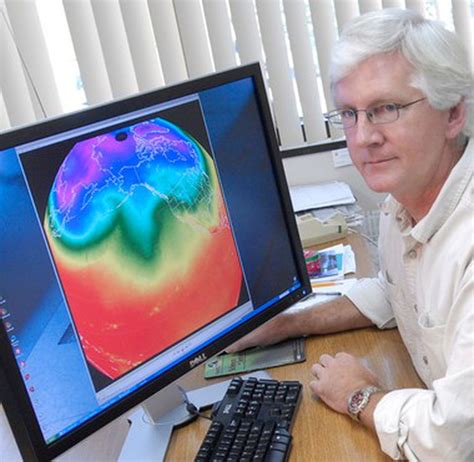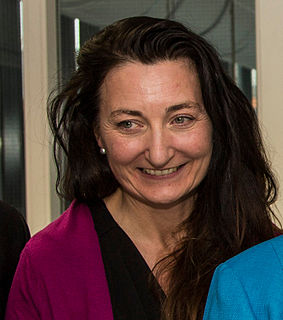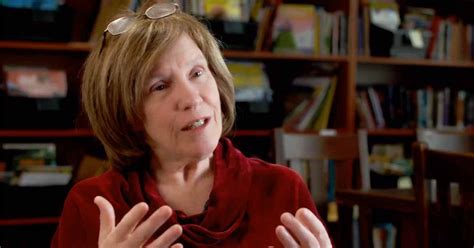A Quote by Arthur Koestler
in the course of the last century science has become so dizzy with its successes, that it has forgotten to ask the pertinent questions- or refused to ask them under the pretext that they are meaningless, and in any case not the scientists concern.
Related Quotes
When the wrong question is being asked, it usually turns out to be because the right question is too difficult. Scientists ask questions they can answer. That is, it is often the case that the operations of a science are not a consequence of the problematic of that science, but that the problematic is induced by the available means.
Politicians and some of the scientists like to say that there's a consensus now on global warming or the science has been settled, but you have to ask them, what is there a consensus on? Because it really makes a difference. What are you talking about? The only consensus I`m aware of is that it's warmed in the last century. They completely ignore the fact that there's this thing called the Oregon petition that was signed by 19,000 professionals and scientists who don't agree with the idea that we are causing climate change.
When people ask me what philosophy is, I say philosophy is what you do when
you don't know what the right questions are yet. Once you get the questions
right, then you go answer them, and that's typically not philosophy, that's
one science or another. Anywhere in life where you find that people aren't
quite sure what the right questions to ask are, what they're doing, then,
is philosophy.
If any student of social science comes to appreciate the case of the Forgotten Man, he will become an unflinching advocate of strict scientific thinking in sociology, and a hard-hearted skeptic as regards any scheme of social amelioration. He will always want to know, Who and where is the Forgotten Man in this case, who will have to pay for it all?
The greatest achievements in the science of this [twentieth] century are themselves the sources of more puzzlement than human beings have ever experienced. Indeed, it is likely that the twentieth century will be looked back at as the time when science provided the first close glimpse of the profundity of human ignorance. We have not reached solutions; we have only begun to discover how to ask questions.
Ask not of me, love, what is love?
Ask what is good of God above;
Ask of the great sun what is light;
Ask what is darkness of the night;
Ask sin of what may be forgiven;
Ask what is happiness of heaven;
Ask what is folly of the crowd;
Ask what is fashion of the shroud;
Ask what is sweetness of thy kiss;
Ask of thyself what beauty is.






































